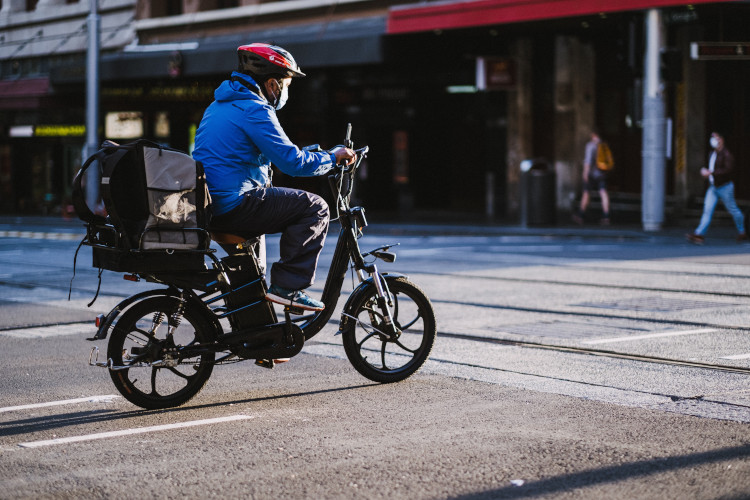German study finds electric bikes drop heart rate and reduce cancer risks
Posted on in Cycles News
A study into the positive health effects of riding an electric bike has picked up traction in Germany’s press in the past week, according to a piece in Cycling Electric. Researchers at the Hannover Medical School have concluded that, among other things, riding an electric bike regularly can drop the risk of a heart attack by 40%. It also cuts in half the risk of metabolic syndromes like obesity and heightened blood pressure.

Speaking to Der Spiegel , the Director of the Study, Uwe Tegtbur, expressed surprise at just how far the medical benefits discovered went. Among the revelations making up the headline findings were that riding between 12 and 15 kilometres by electric bike daily would have a contributory effect of reducing cholesterol levels, dropping the risk of a fatty liver, lowering the chances of developing dementia or Alzheimer’s and very specifically dropping the risk of developing cancer by 30%, as well as chopping in half the risk of metabolic syndromes like obesity, heightened blood pressure and developing sugar or fat metabolism disorders.
There are some known knowns in the study, namely that a regular, enhanced heart rate north of 110 beats per minute will strengthen the cardiovascular system. As has been found previously, the differences in percentages of HRmax (max heart rate) were not miles apart. According to the data cyclists nudged just ahead of 65% of their HRmax, while electric bike riders were just below.
Of those taking part in this study that rate or above corresponds to between 60% and 80% of the maximum heart rate of participants, which Tegtbur told the paper means there is “no better training in the basic endurance range” than going by electric bike.
The pool of participants was among the largest studied to date, with 1,879 people from Germany recording data for the University team; of these 1,250 rode an electric bike and 629 rolled on pedal power alone. As you might expect from a publicly selected pool, the electric bike riders were generally older and with a higher body mass index than the non-electric bike users, many also suffering from complaints like joint wear, high blood pressure or diabetes. Other than that there were no major differences in the groups in terms of gender, or overall activity levels.
The data was collected via an activity tracker over a period of four weeks, with a smartwatch registering heart rate data, cycling time and distances covered. Add to that data collection via questionnaires and the researchers were even able to track accident rates over a 12-month period.
Why are people buying e-bikes versus cycles?
The survey also outlined the motivations of each rider for buying either a bicycle or an electric bike, with the main differences cited being ‘convenience’, ‘health’ and ‘fitness’.
Moreover, it was found that electric bike riders are taking to these vehicles more often to replace car trips than pedal cyclists. There were no major differences in replaced walking trips.
The study wasn’t only interested in the pedal-assisted user data and accounting for electric bike riders generally riding for 6.5 minutes longer per ride across the sample pool, the data showed that the cyclists are more often reaching the 150 minutes per week threshold of moderate to intense activity. 35% of the pedal powered users hit this goal, while 22.4% of electric bike riders hit the benchmark.


